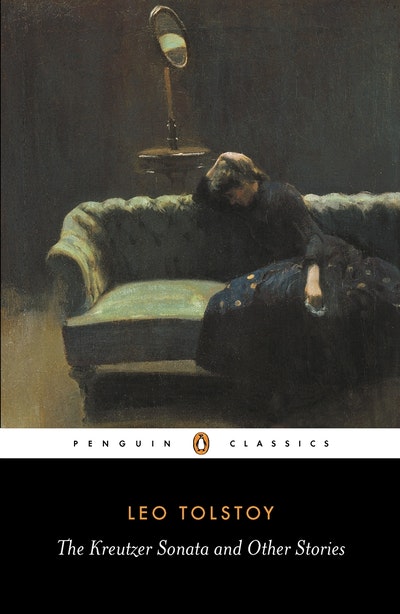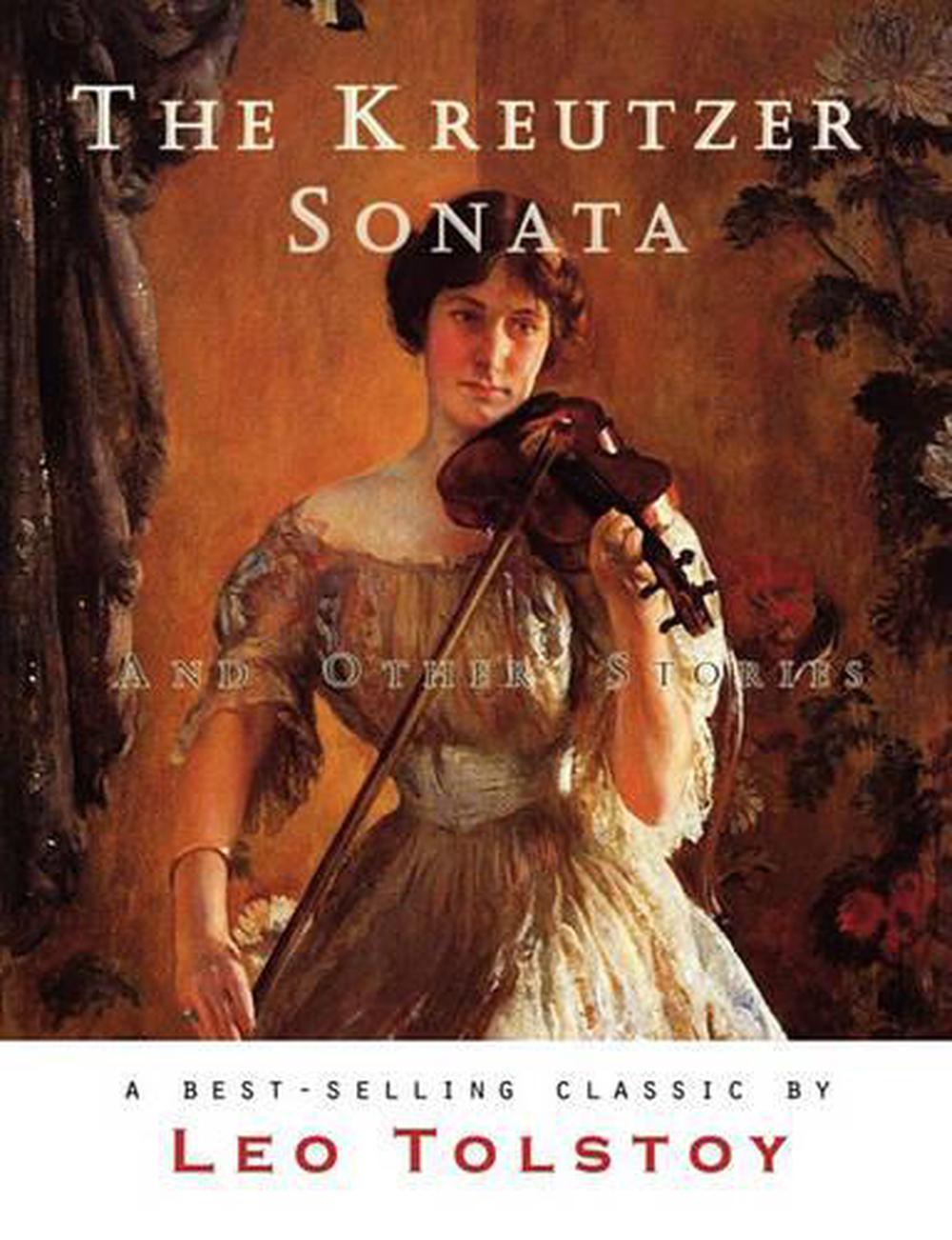
– to be occupied with such affairs is no privilege – but from the fact that she is not man’s equal in sexual Woman’s lack of rights arises not from the fact that she must not vote or be a judge “Ah, you want us to be mere objects of sensuality – all right, as objects of sensuality we willĮnslave you,” say the women. “Ah, you want us to be traders only, – all right, as traders we will dominate you!” Just like the Jews: as they pay us back from their oppression by a financial domination, To the lowest stage of humiliation, while on the other she dominates. It explains the extraordinary phenomenon that on the one hand woman is reduced ‘ Yes, yes! That’s just it,’ he interrupted ‘The rights, the legal privileges, are on the man’s side.’ ‘The domination of women from which the world suffers De Moor employs a sensory approach to the story her sensual style of writing enables the reader to hear, feel, smell and taste as they read, allowing The Kreutzer Sonata to become an intense experience.Know,’ he began while packing the tea and sugar into his bag. But can music really be divined and conferred with meaning? Is it not simply form? Significant in this respect is Van Vlooten’s blindness, which unmistakably intensifies his experience of music, but how apt are the words with which he communicates his feelings and how pure is his passion? Love, eroticism, jealousy and music all are impenetrable enigmas, even if you unravel the meaning of Janáceks string quartet, as the narrator ultimately intends to do. Van Vlooten cannot conceive that it is simply the act of making music that is making his wife happy, so he looks for alternative reasons. The critic becomes so jealous that he attempts to murder her.

But all that changes when Van Vlooten begins to imagine that Suzanna is having an affair with the viola player in the quartet. The violinist returns his love they marry and are happy together for a long time. When the critic hears Suzanna play the violin part from Janáceks Kreutzer Sonata, he is entranced and falls in love with her.

In a plane on the way to a master class in Bordeaux, he meets a young musicologist–the narrator of the story–who introduces him to the violist, Suzanna Flier. The main character is Marius van Vlooten, a blind music critic who, following a disastrous youthful love affair, has never fallen in love again.

This theme provides the main story of de Moor’s book.


 0 kommentar(er)
0 kommentar(er)
